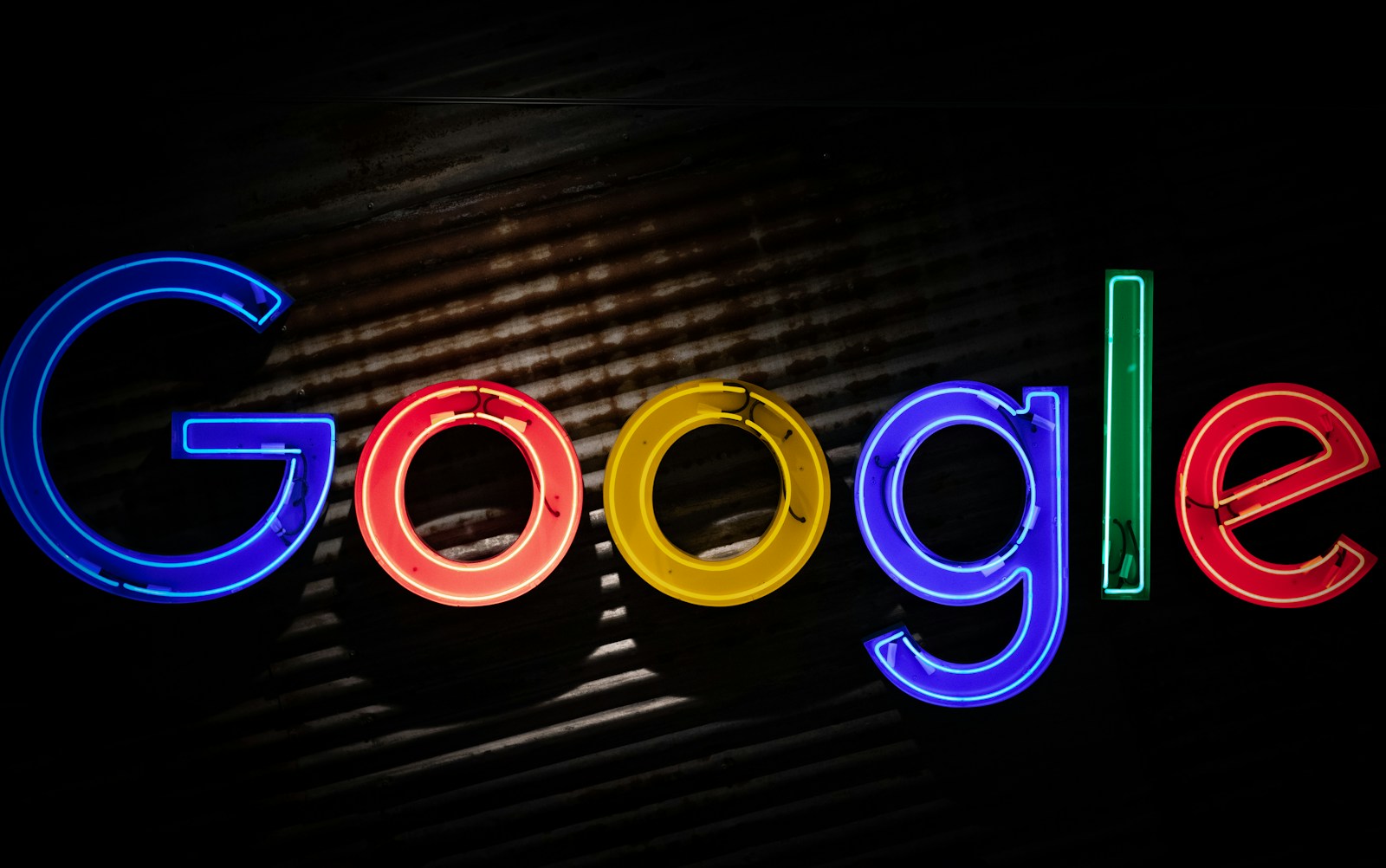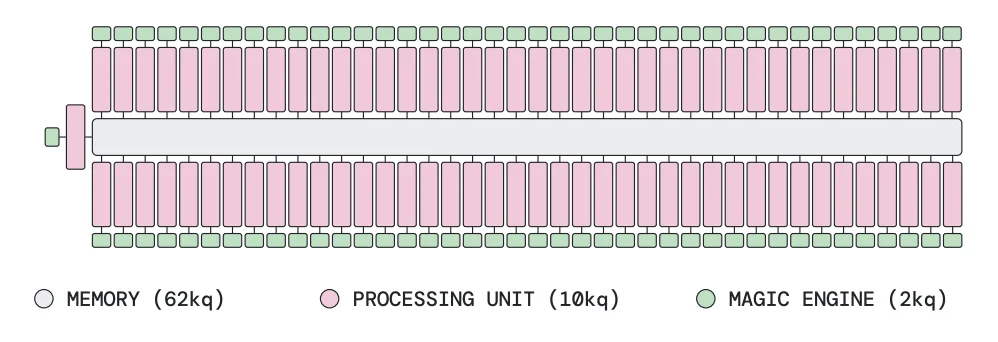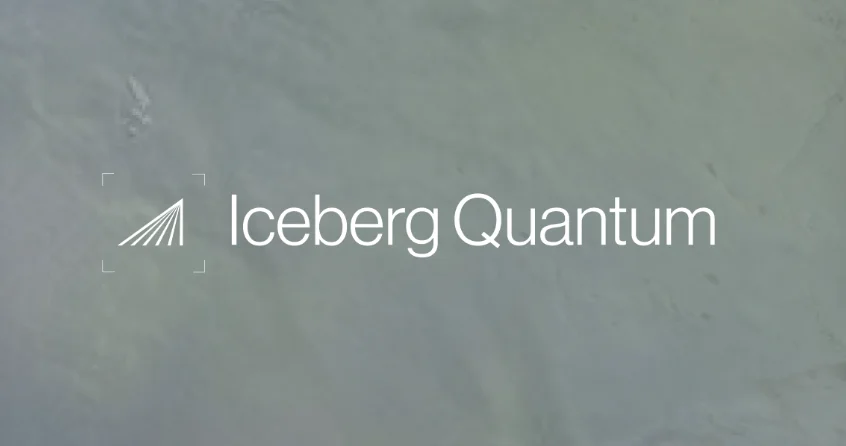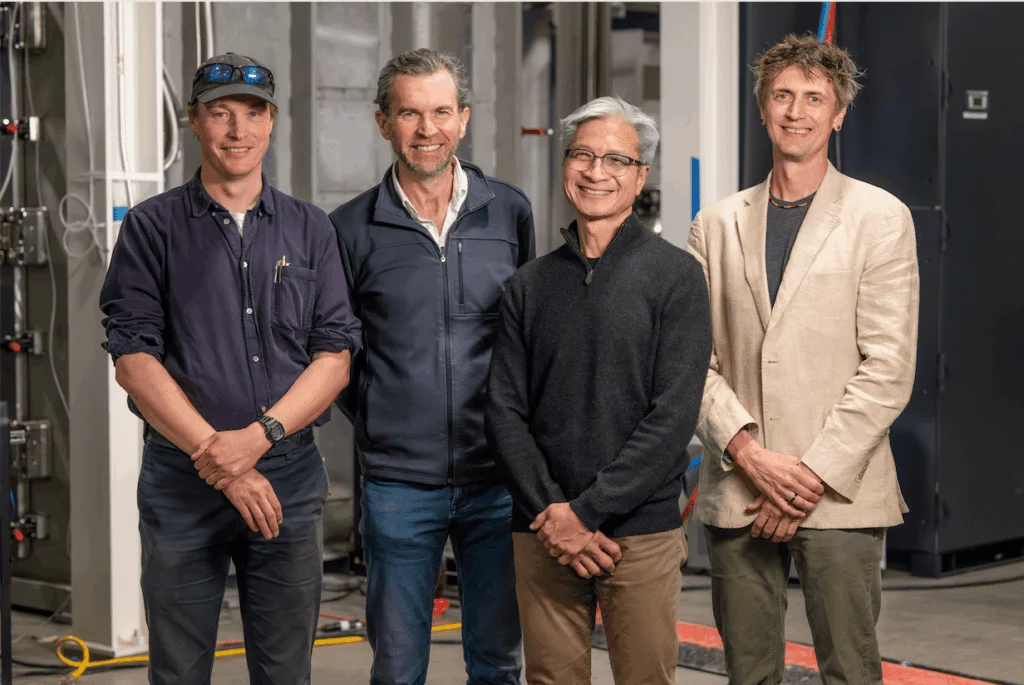- Google is opening up an academic research program with awards of up to $150,000 USD for projects investigating quantum transduction and networking for scalable computing applications.
- The company’s Quantum AI team is developing superconducting qubit platforms, aiming to enhance robustness, cost efficiency and performance in data centers through distributed computing.
- The shift to distributed quantum computing promises increased modularity and design robustness while significantly reducing control wiring and cryogenics requirements.
Google is leveraging its success in modular computing to advance quantum technology. The company’s Quantum AI team is developing superconducting qubit platforms, aiming to enhance robustness, cost efficiency and performance in data centers through distributed computing.
To support these efforts, Google is opening up an academic research program with awards of up to $150,000 USD for projects investigating quantum transduction and networking for scalable computing applications. Larger grants are available for exceptional experimental proposals that demonstrate a clear and compelling rationale for increased funding, the team added.
The shift to distributed quantum computing promises increased modularity and design robustness while significantly reducing control wiring and cryogenics requirements, according to information about Google’s proposal request. The ability to process quantum data directly from its source could also lead to groundbreaking scientific discoveries, impacting both immediate experiments and the future architecture of Google’s quantum devices.
Significant challenges remain, particularly in high-fidelity information transfer between superconducting qubits and optical photons, a process known as transduction. This technology is still in its early stages, and research to improve it is essential. The development of applications for distributed quantum systems, beyond parallel computing and quantum key distribution, is crucial for further progress.

Google’s approach builds on the demonstrated advantages of modular computing over traditional monolithic architectures. These advantages include greater robustness, lower costs, and enhanced performance, benefits that are applicable from single-facility networks to global data-sharing systems. By applying these principles to quantum technology, Google aims to create more efficient and scalable quantum computing systems.
One primary benefit of distributed quantum computing within data centers is the potential for increased modularity. This modular approach allows for more robust system design, reducing the likelihood of system-wide failures. Additionally, it dramatically decreases the need for extensive control wiring and cryogenics, which are significant challenges in the development and maintenance of quantum computers.
Moreover, the ability of quantum technology to process data directly from its source could lead to unprecedented scientific discoveries. This capability enables the real-time analysis of quantum data, which could uncover new insights and advance our understanding of the universe. Such advancements are expected to have a profound impact on both the design of near-term experiments and the future architectures of Google’s quantum devices.
Despite these promising prospects, the field faces significant hurdles. High-fidelity transduction, the process of transferring information between superconducting qubits and optical photons, remains underdeveloped. Improving this technology is critical for the advancement of distributed quantum computing. Research efforts must focus on enabling the seamless transfer of quantum information between different media, such as optical or flying microwave qubits.
Google has outlined specific research topics for proposals to address these challenges. These include the transduction of superconducting qubits to quantum transmission media like flying microwave qubits and optical qubits, and the direct transduction of alternative sensing or computing platforms, such as neutral atom arrays or defects in diamond, to superconducting qubits. Other research topics include the development of scientific or industrial applications for linked quantum systems with fewer than 50 logical qubits, and applications for multi-qubit quantum sensors linked to quantum computers via transduction to achieve exponential speedups in quantum learning.
According to Google, funds will be disbursed as unrestricted gifts to universities, not intended for overhead or indirect costs.
Eligibility for these awards is open to professors at universities or degree-granting research institutions. Proposals must be related to computing or technology, and applicants can only serve as Principal Investigator (PI) or co-PI on one proposal per round, with a maximum of two PIs per proposal. Proposals should align with Google’s AI Principles and demonstrate potential for significant impact.
Google Quantum AI will host informational sessions with live Q&A to discuss these technologies and their potential applications. Interested parties can RSVP here.














